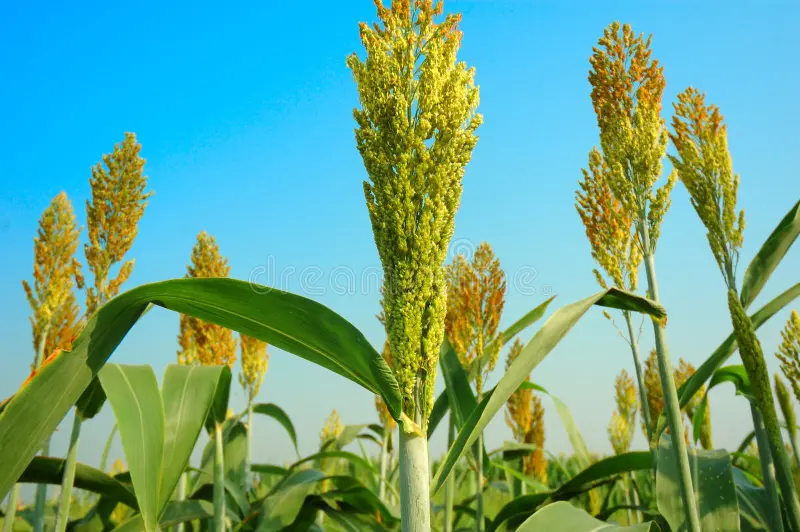In the heart of Kerio Valley, a 27-year-old university graduate is proving that farming can be both fulfilling and profitable. Yusuf Kipchumba, a BSc Animal Health and Production graduate from Kenyatta University, is the chairperson of the Kobulwo Farmers Cooperative Society, a group of 126 farmers growing sorghum on a 35-acre farm in Kobulwo, Elgeyo Marakwet County.
Kipchumba’s journey into agriculture began in childhood and continued through university, where farm proceeds supported part of his education. After briefly working on a poultry farm in Uganda, he returned home to pursue his passion. “Here I have peace of mind. I’m my own boss,” he says.
Under his leadership, the cooperative embraced contract farming with Crops Soko, a deal that guarantees a fixed price of KSh52 per kilogram of sorghum. With an expected harvest of 15–20 bags per acre, Kipchumba anticipates earning around KSh250,000 from his 3.5-acre portion.
However, the journey hasn’t been easy. Previous experiences with dishonest buyers and reliance on rain-fed agriculture have posed challenges. The cooperative now insists on signed contracts and is lobbying for irrigation infrastructure to expand production.
Production costs remain high, with manual harvesting, bird scaring, shelling, and winnowing all requiring hired labor. Additionally, elephants from the nearby Rimoi Game Reserve threaten their crops, prompting calls for fencing.
Beyond profit, the cooperative plays a critical role in the community. Kipchumba teaches farmers to store sorghum stalks as animal feed during droughts, utilizing his academic background to improve livestock health. His wife, a Bachelor of Education graduate, also helps on the farm.
Looking ahead, Kipchumba envisions value addition ventures, seed production partnerships, and even setting up a petrol station in Kobulwo. His message to the youth is clear: “Don’t sit idle waiting for white-collar jobs. Farming pays.”
With passion, innovation, and community effort, this young farmer is sowing the seeds of rural transformation one harvest at a time.

